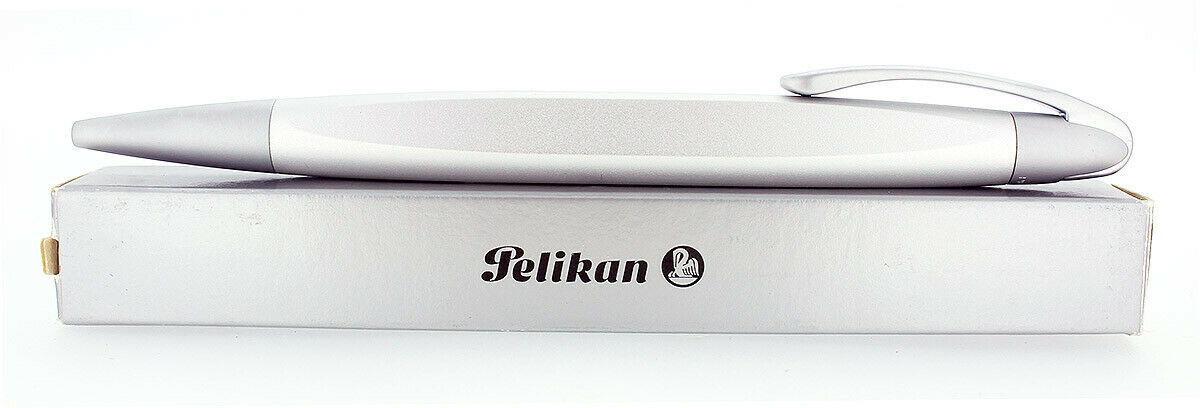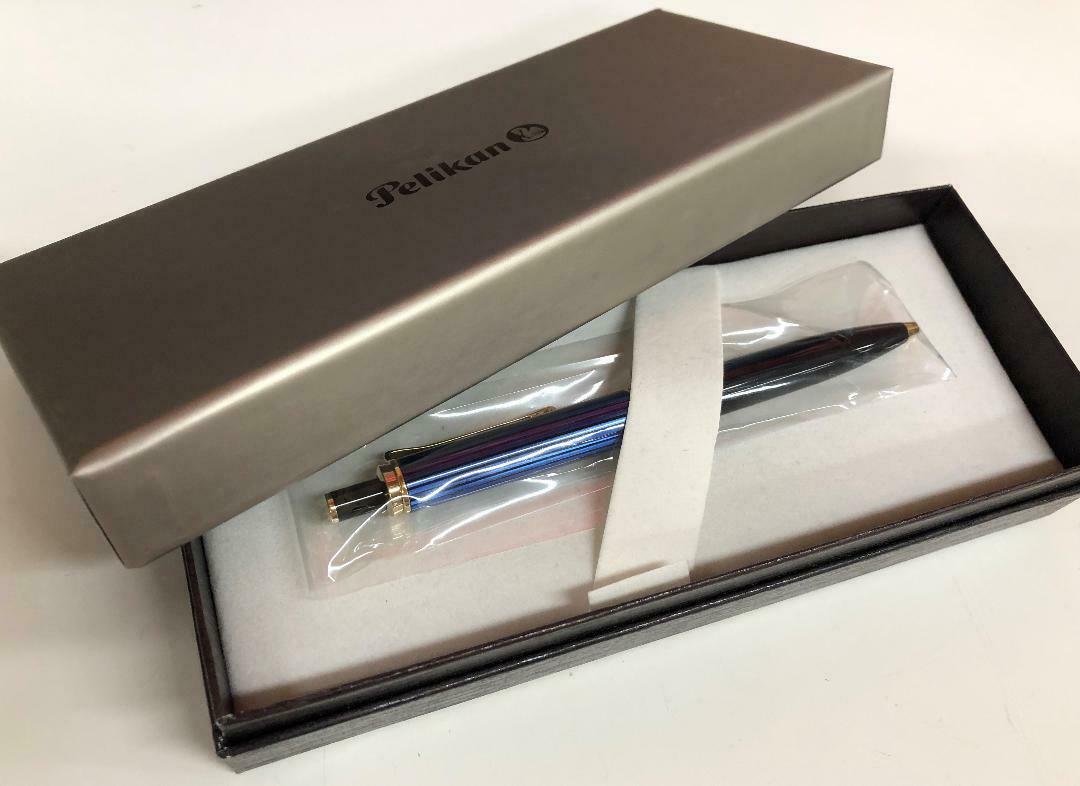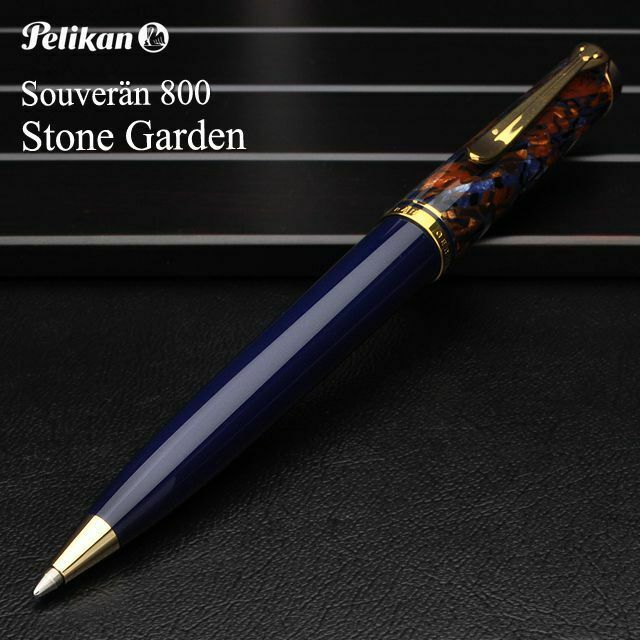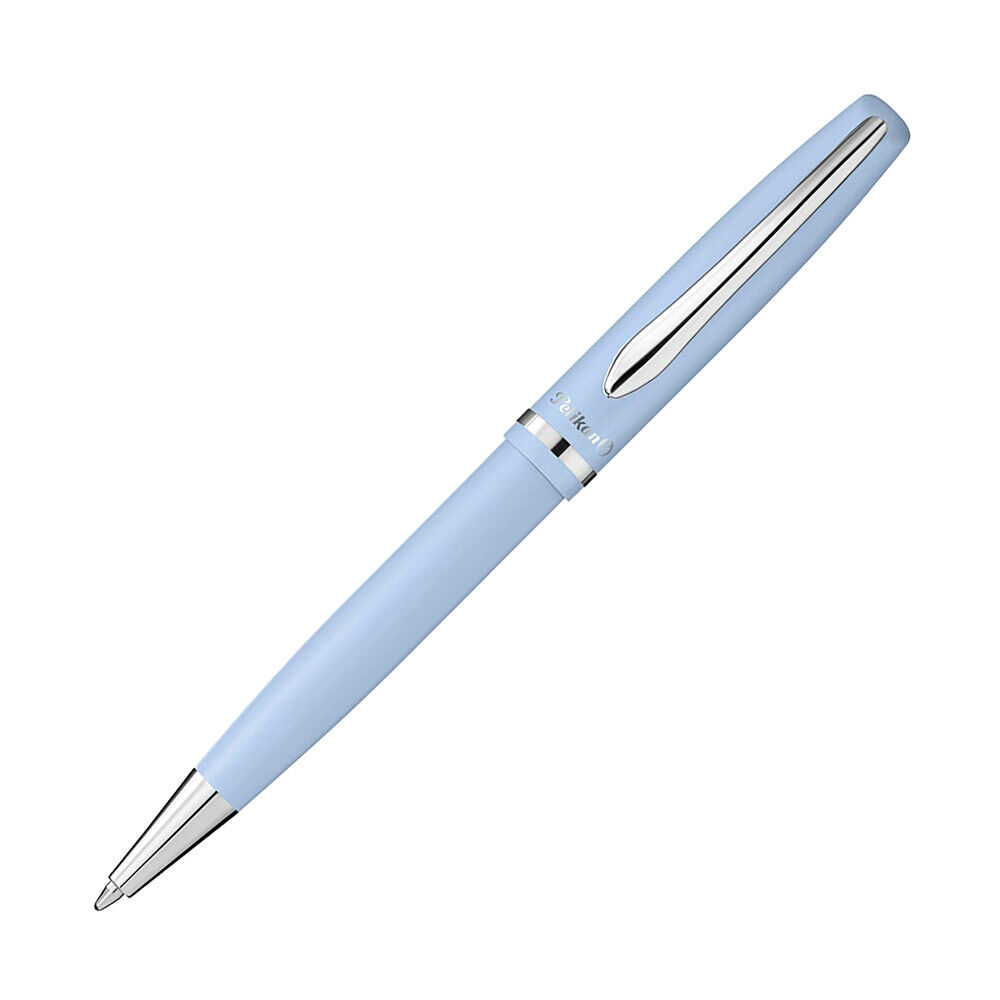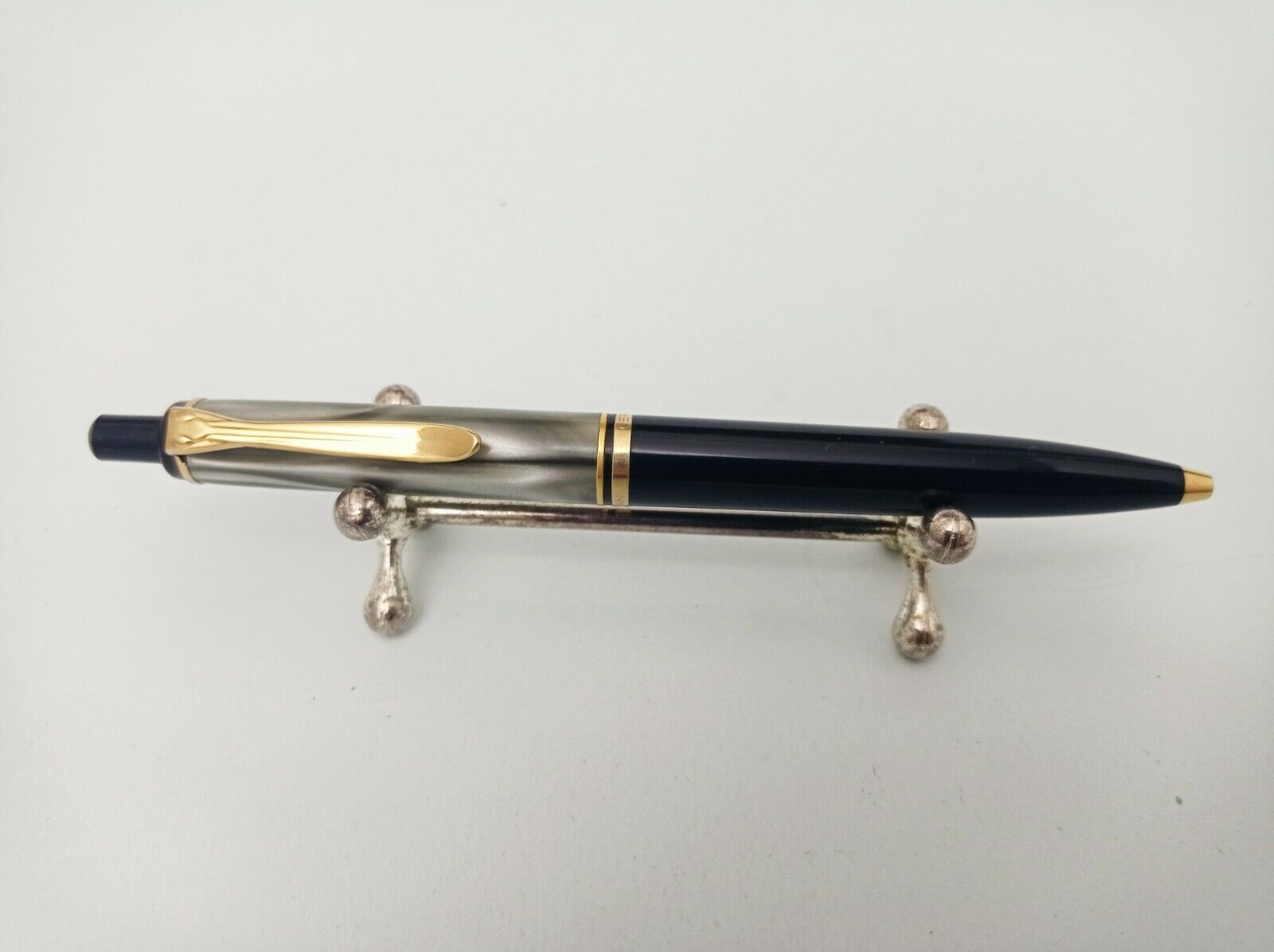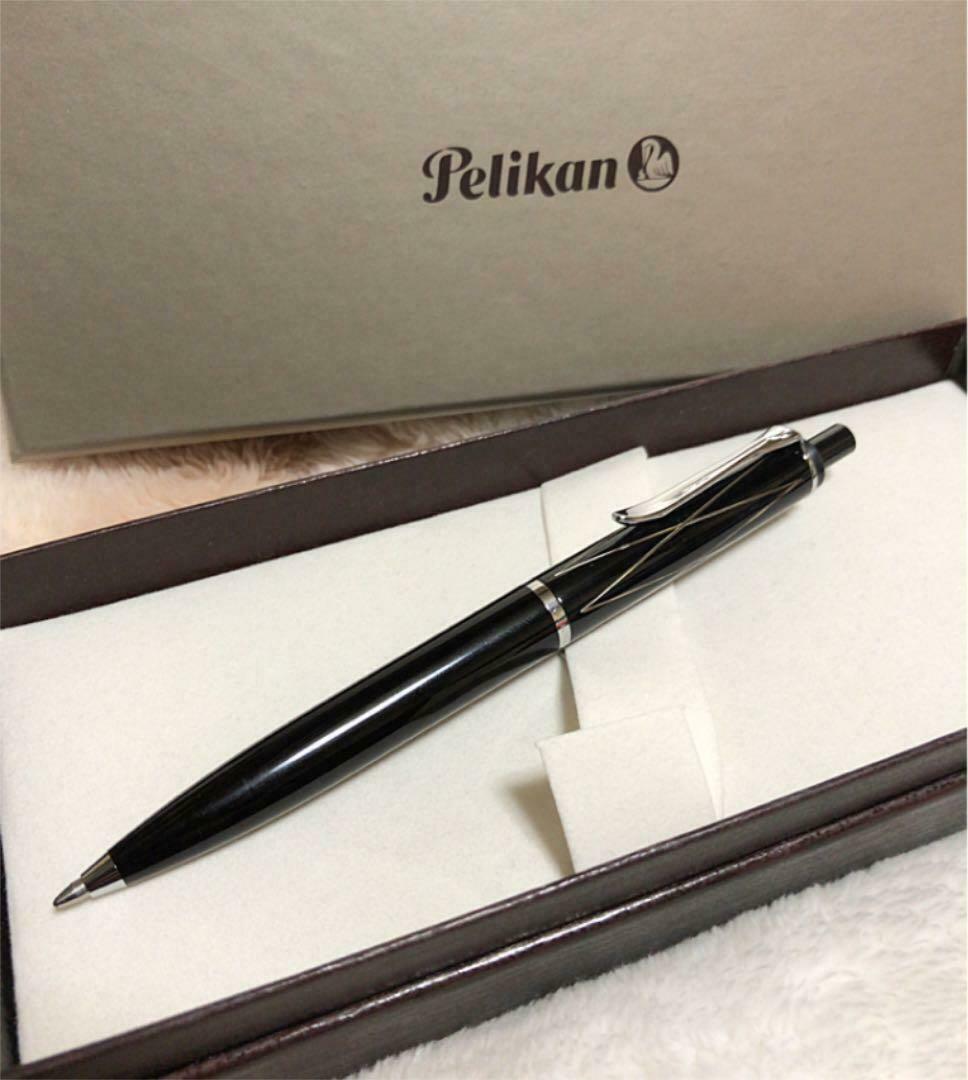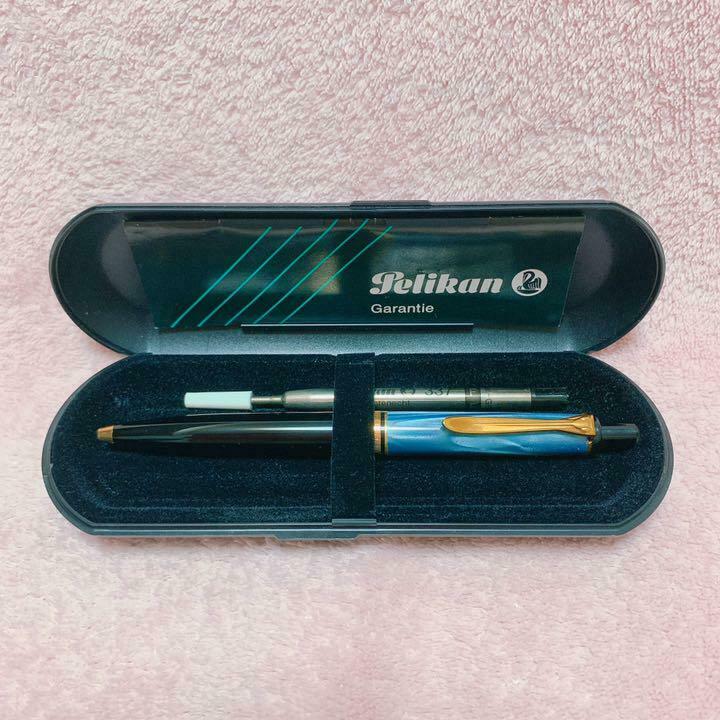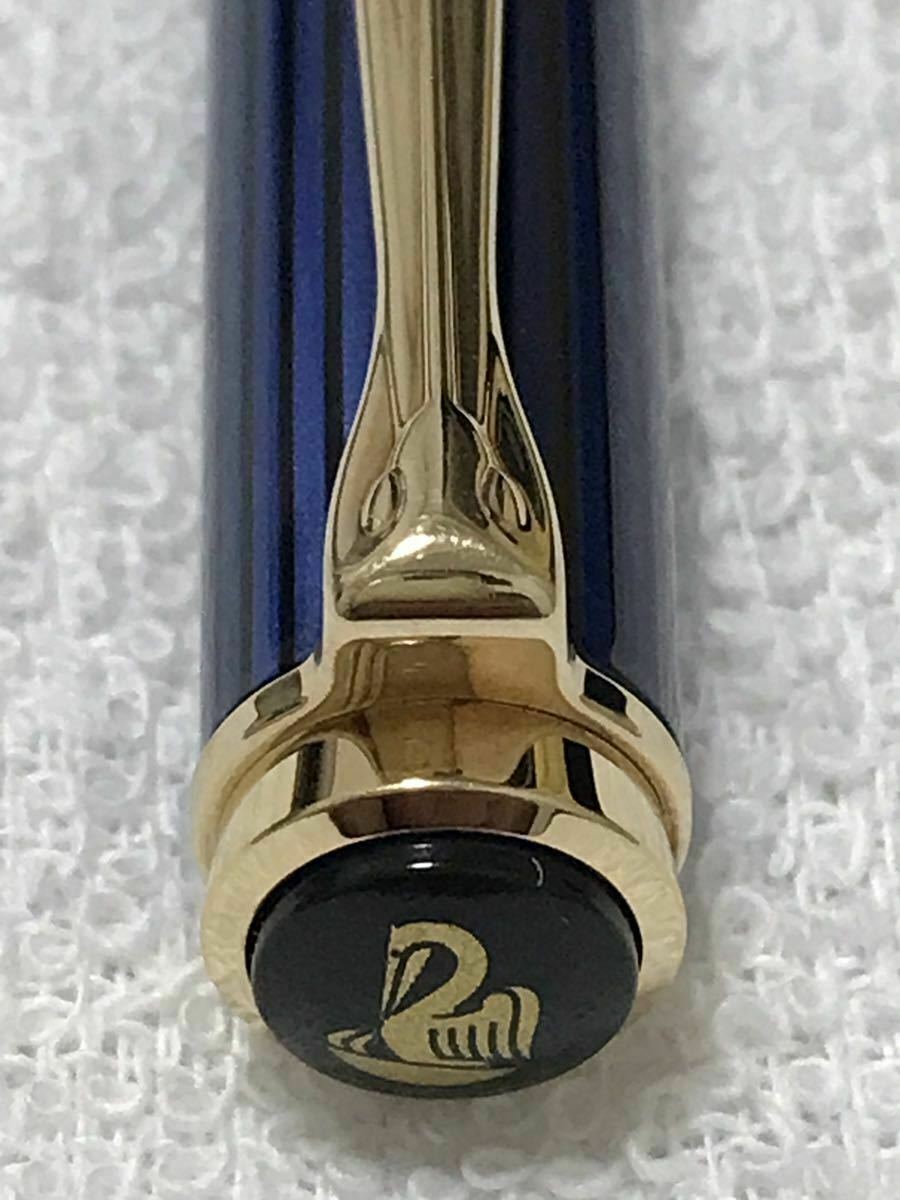-40%
Pelikan Luigi Colani #No. 1, Ball Point, Black/Gold, new old-stock
$ 13.65
- Description
- Size Guide
Description
My father-in-law was a manufacturer’s rep for Pelikan. These pens are from his storage. They are “new, old stock.” They have not been used or handled for at least 20 years. They are sold “as-is”, so I am not guaranteeing that the ink works. That being said, the 3-4 that I have tried/kept for personal use, the ink works fine. They are in pristine condition, and will be sold with the original display container. I have 8 different color and trim options listed on ebay. Be sure and check my other auctions.I usually ship the day of or the day after payment. I ship USPS Priority Mail w/ confirmation. I will ship overseas, actual shipping charges, and it may take a few days to get to the shipper. I will combine shipping. Please contact me if you want more than 4 pens. Items ship from Houston, TX 77040. If you buy more that one, of different colors, I will manually refund the additional shipping costs.
Unable to ship 3/12-22/21.
In 1863 Günther Wagner, a chemist, became partner in a business founded by Carl Hornemann. In 1878 Wagner added the name "Pelikan" from one of the elements in his family crest: a pelican feeding four chicks in its nest.
The Pelikan factory produced ink, paints, glue, type writer ribbons, stencils, stamp pads and carbon paper. In 1929 the first fountain pen was launched: the "Pelikan 100", a piston filler designed by the engineers Theodor Kovacs and Carola Bako. In the 1930s the 100 series were remodelled and the letter N (for "new") was added.
During WWII gold was hard to obtain and nibs of chromium/nickel-plated steel were produced, so-called CN nibs. In the 1950s the clip got redesigned in the shape of a pelican beak. After Wagner’s retirement his son-in-law and successor Fritz Beindorff led the company to become one of the world’s leading makers of fountain pens. In the 1970s Pelikan Schoolpens, together with those of Geha were the most popular pens in Germany.




